An international alliance instead of “Us first”
by Joachim Ritter
In times when there is talk about building walls along boundaries again, and populists are free to run riot (or cause riots) with their superficial statements, journalists are positively overloaded with work and opportunities – a wide variety of leads to research and masses of actions and statements to comment and shed light on. What we are currently witnessing on the global political landscape is more than the prospect of endless hours of overtime …
At which point it is very valid to wonder what the presidency of the egomanic and populist Donald “Dagobert Duck” Trump, or a Brexit without an exit, has to do with lighting design? Let me put it like this: appointing a man who denies the existence of global warming Minister of Environmental Affairs is the equivalent of Trump hitting upon the idea of making a Mexican President of the IALD…!
Whoops!
Given the number of ugly signatures to decrees that we have been shown on news programmes lately – practically every evening we find ourselves witnessing yet another signing ceremony much like that of the day before –we cannot imagine it getting any more absurd and might as well reckon on Donald Trump eventually really interfering in IALD matters and signing some decree about that.
Seriously though: what has been going on in the lighting design community in the last few years is not much different from current developments on the global political landscape. Exclusion of some, coupled with a nationalistic approach, has taken the lead over cooperation. The first sentence in the Statutes of the European Lighting Designers’ Association, ELDA back in 1994 was: “The Lighting Designers’ Association ELDA supports the European idea and aims to use the role of light and of the lighting designer as a productive, creative connecting link between nations.”
And that actually worked. So well, in fact, that lighting designers in other parts of the world expressed the wish to become members of the association, which was the reason – by democratic vote – for renaming the association to PLDA (Professional Lighting Designers’ Association) so as to visibly open the association up to practising professionals outside Europe. But then the Statutes were amended and the sentence referring to the European idea was removed. Later followed the chaos that destroyed PLDA. This was naturally not solely dependent on that one sentence, but it goes to show how even the tiniest piece in a puzzle can make a difference to the overall picture.
Nowadays we can see there are a number of national / local groupings who are dedicated to serving lighting designers’ interests. The UK, France, Italy, Spain: all primarily focussed on their respective national situation, with little or no regard for the interests of colleagues beyond their borders. And “Us first” as a strategy is by no means a concept!
Alliance instead of “Us first”!
But actually it was the activities and spirit of ELDA / PLDA that developed the European market on a global scale to become the driving force of modern-day lighting design, helped establish academic Lighting Design programmes in Hildesheim/D, Wismar/D and Stockholm/S, and provided support for the programmes running in Drammen/N, Barcelona/E and Madrid/E at the time. The scope of these educational efforts has spread as far as Thailand, with the University of Wismar cooperating with KMUT in Bangkok on their distance learning Master’s programme. A fine example of cooperation. From time to time, some of these courses and programmes suffer setbacks, and neither the existence of the IALD or any of the national groupings of 30, 50 or 100 lighting designers have been able to contribute towards truly stabilising the profession. The French association is currently very active, but there is no Bachelor or Master programme in place right now. And who in the UK, France or Spain is aware of the frustration lighting designers in smaller or less populated countries such as Belgium, the Netherlands or Iceland are undergoing? Smaller nations with only a few practising lighting design in the professional sense have very little presence in the lighting design society as a whole. PLDA was known as an active institution even in these countries.
So what does nationalistic thinking in the political world in general have to do with lighting design? It underlines the fact that it is collaboration and cooperation on an international scale that makes an idea, vision, or profession strong. Common efforts lead to developments and progress. PLDA had 800 members worldwide and a philosophy based on openness and cooperation.
When it comes to having an impact at EU level, for example, 800+ experts or experienced professionals pull far more weight than the 30, 50 or 100 individuals from specific capital cities. Europe needs to join forces again to demonstrate strength and conviction, and to finally embark on the next step. Both politically and from the point of view of lighting design.
It is time to form an alliance to meet the necessary goals in the interest of good lighting design – and to ensure that in future light and lighting are handled and designed by qualified specialists.

















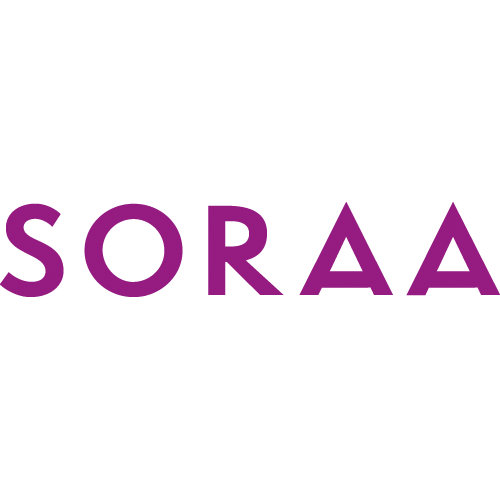


















































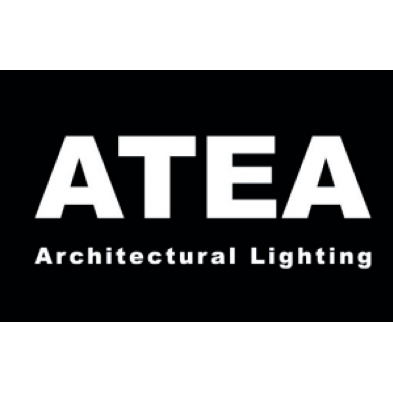


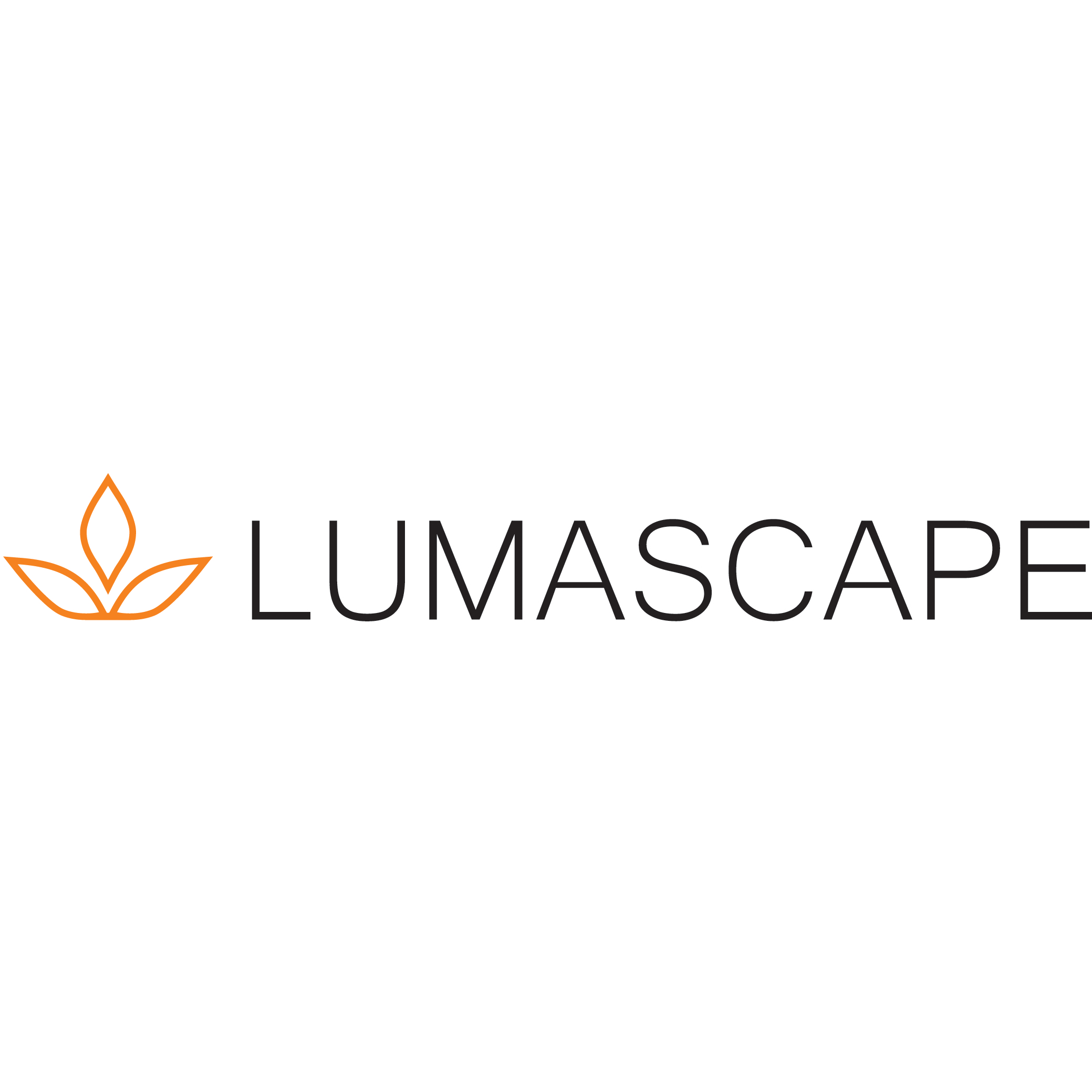








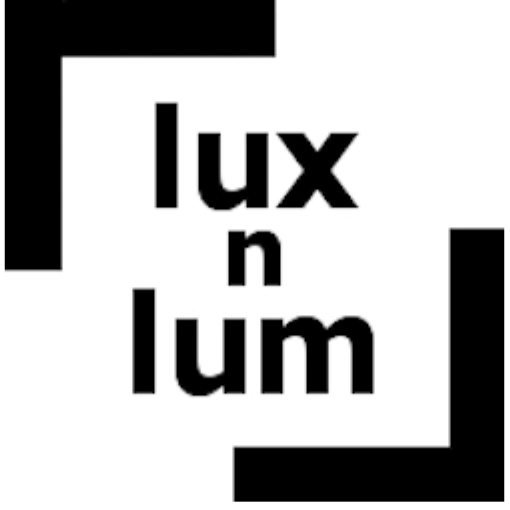

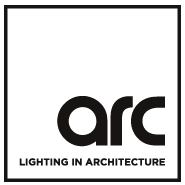






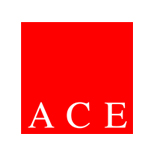
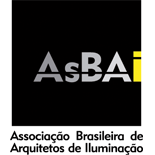









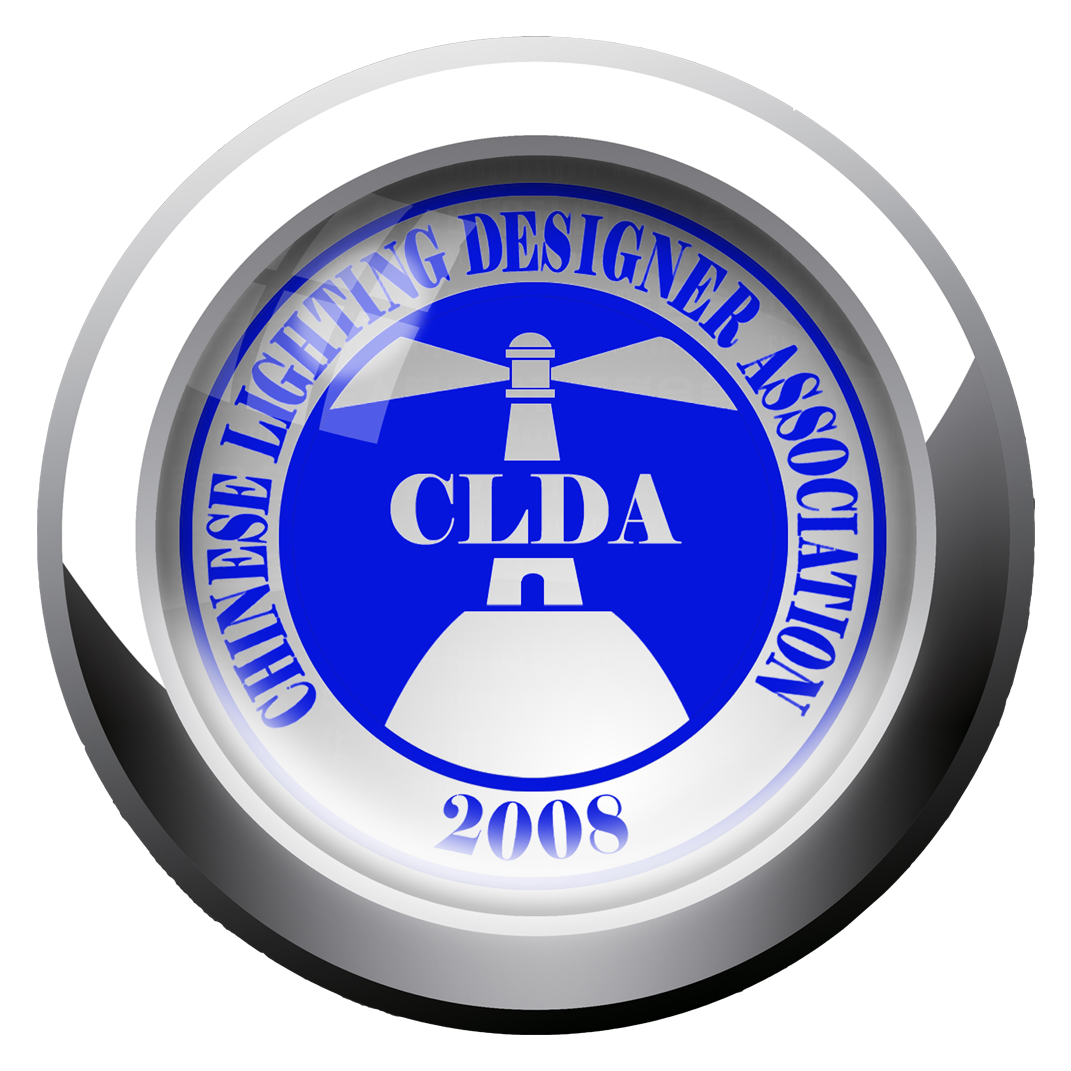



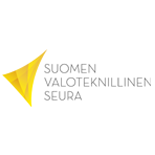

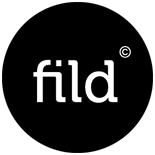







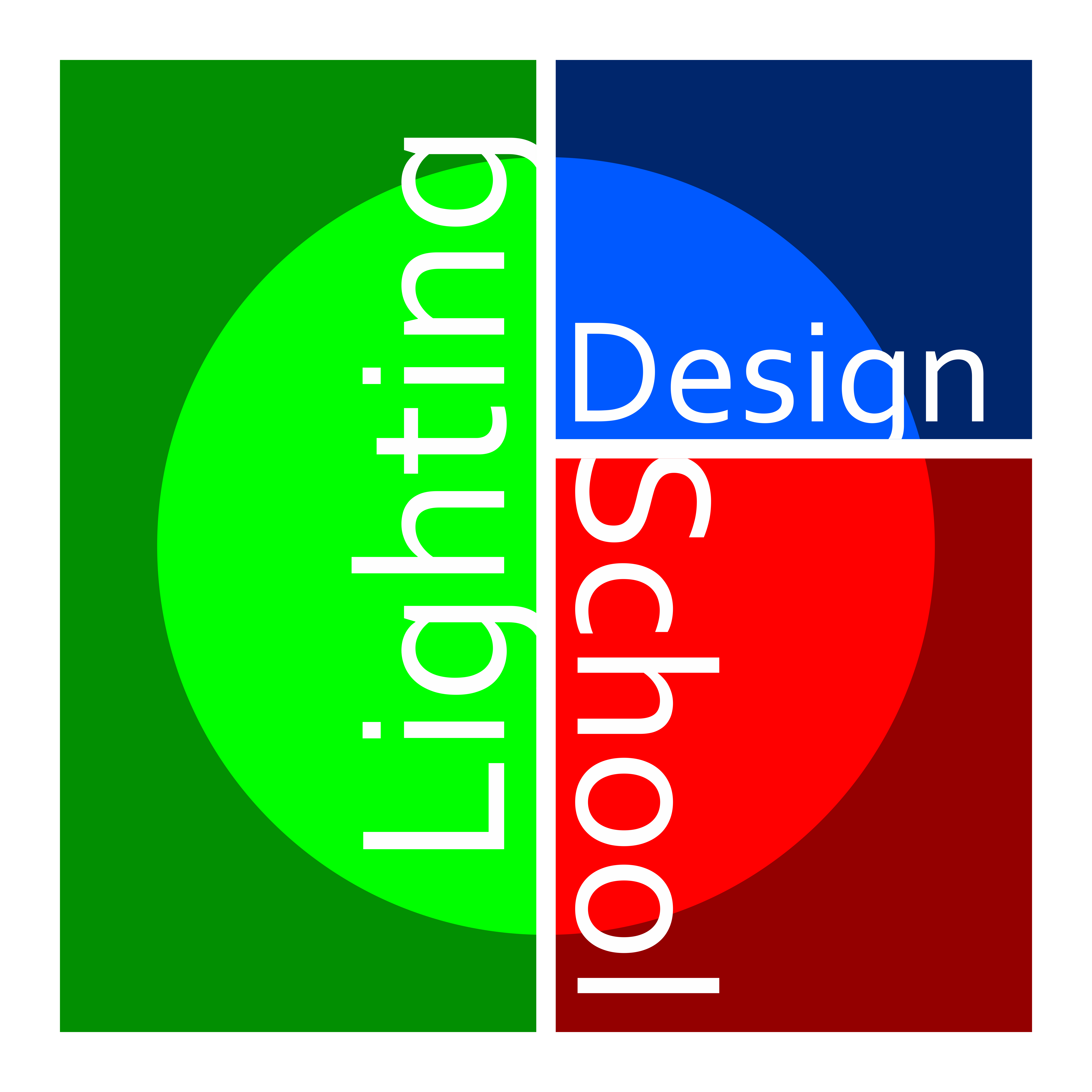


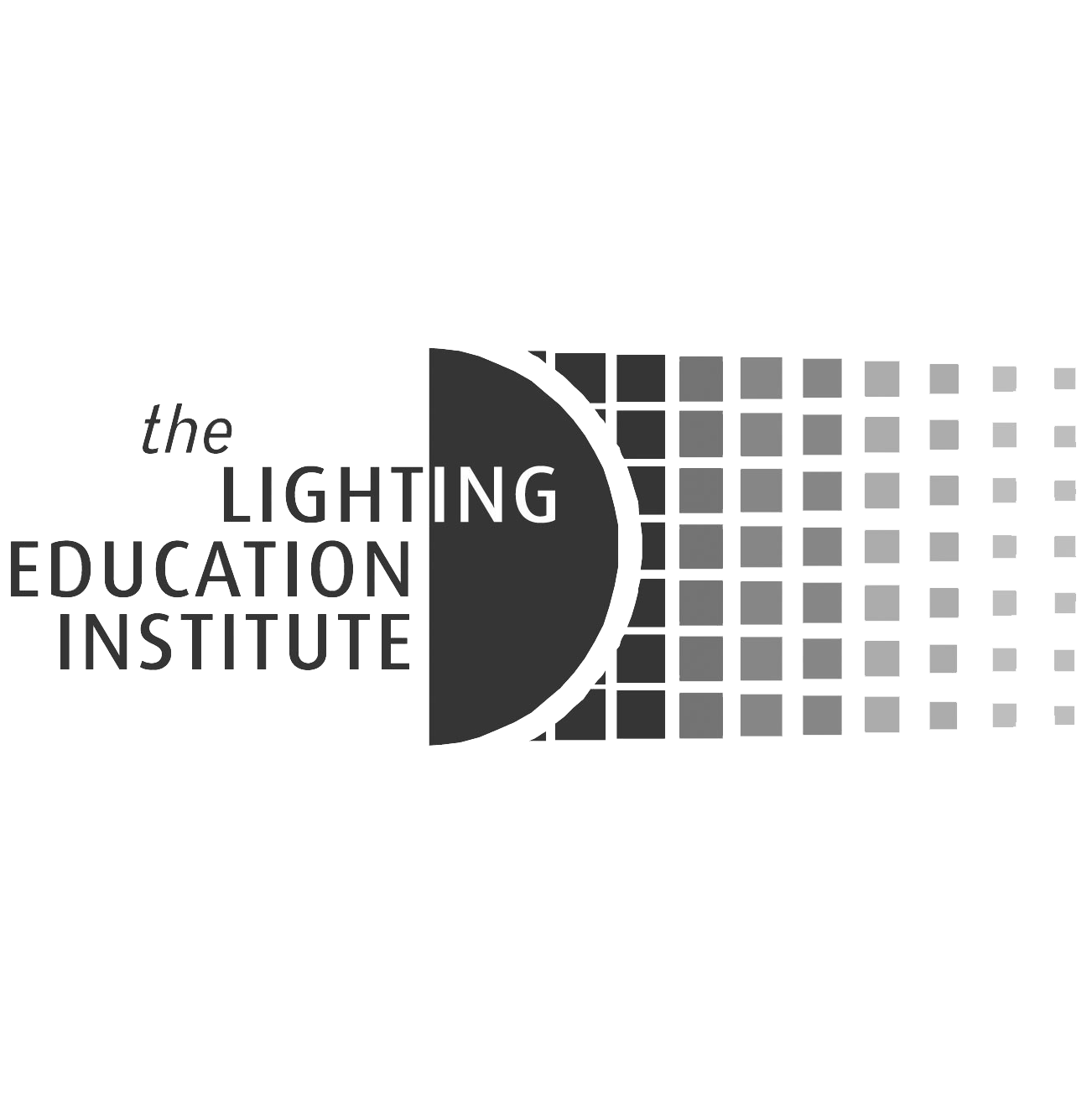
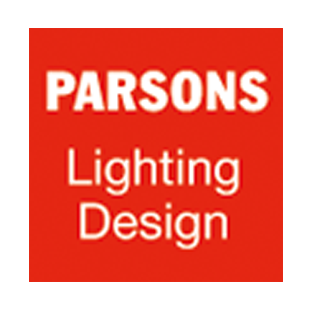








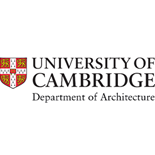


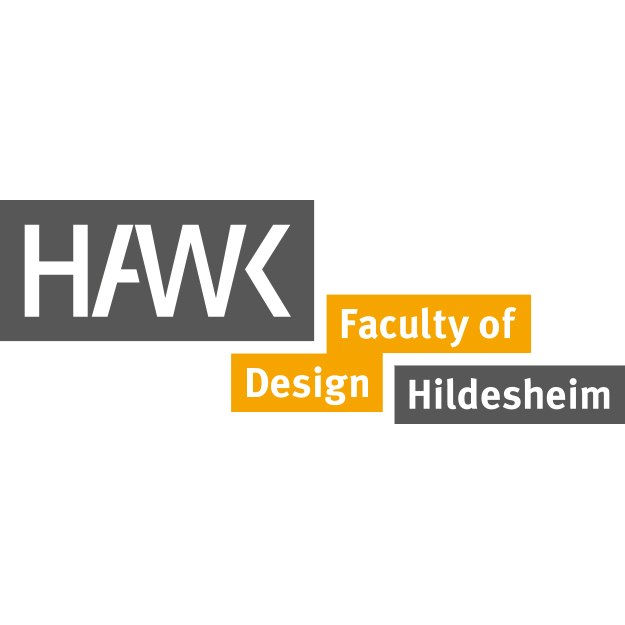








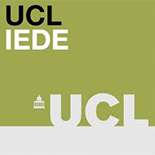
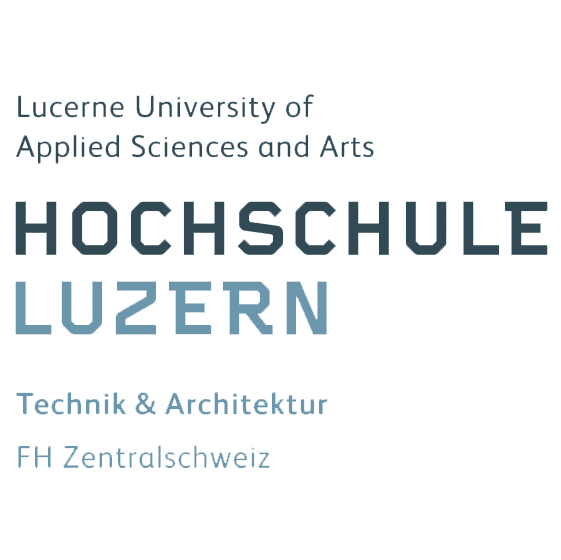

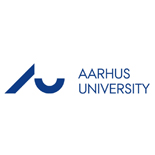




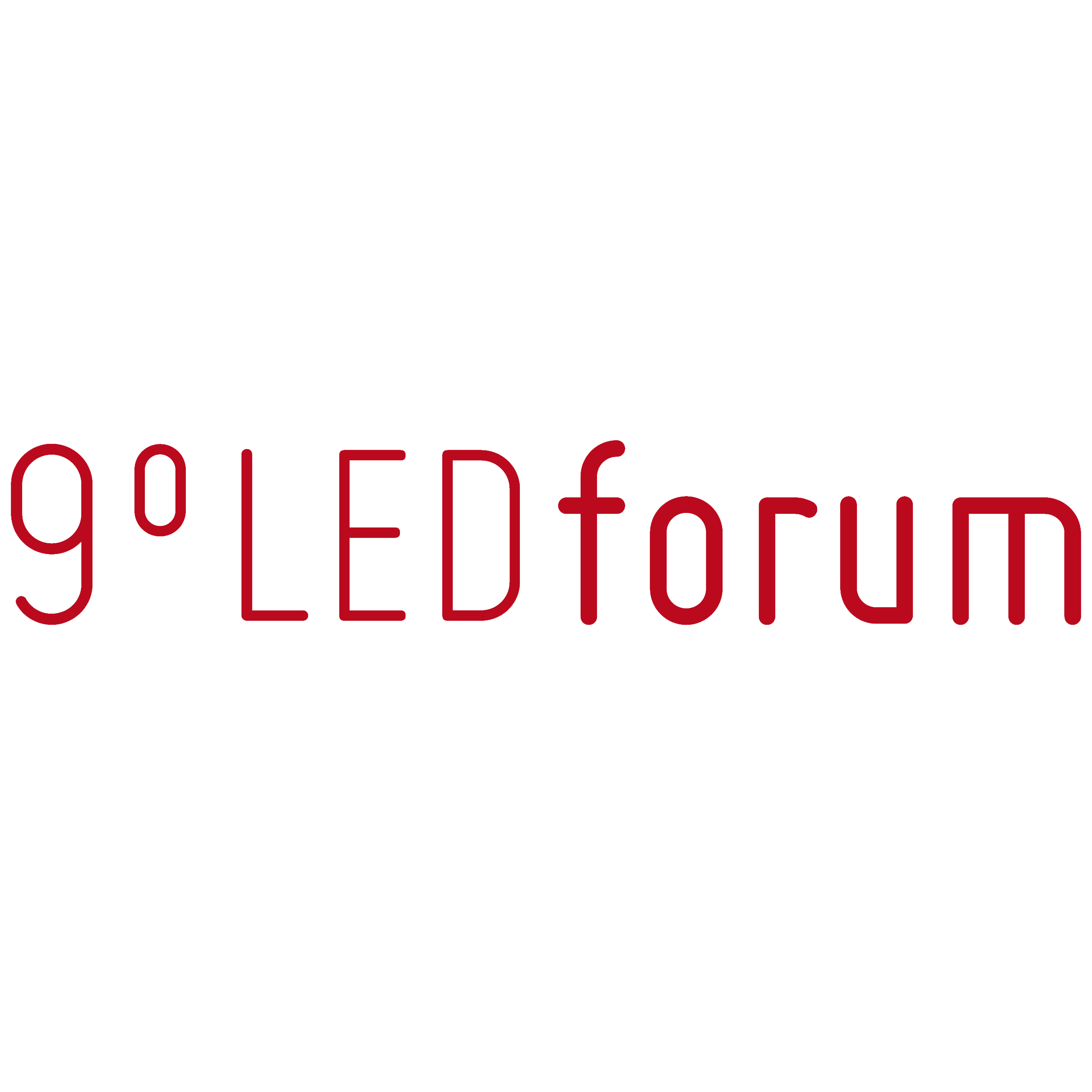

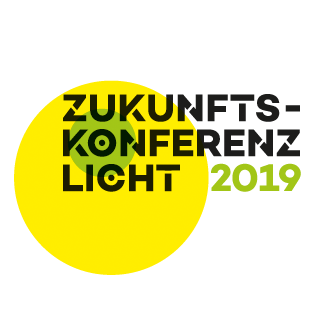
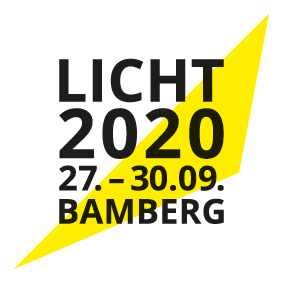

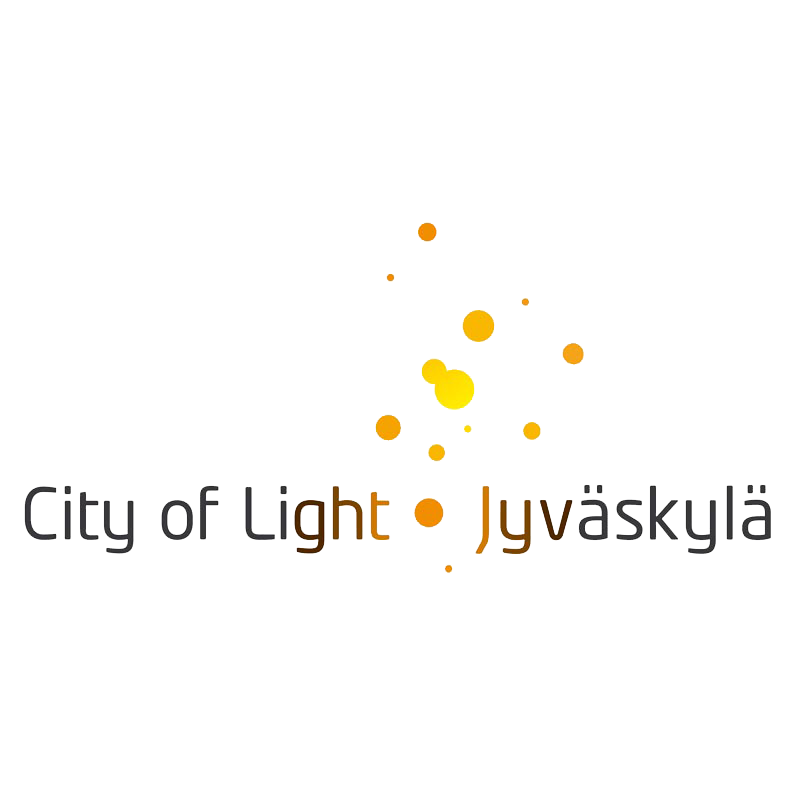


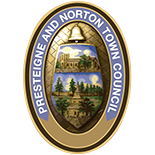
Joachim,
I do believe we are at a point where there’s a great need to unify and to have a common purpose or mission within the varying lighting design disciplines. If we continue as is, which is segmented, then we will continue to lack this unifying message. Why is this important? Because without it, we cannot effectively communicate to the public, the consumer, the various trades and disciplines what it is we all need to thrive. How can we properly educate any of these groups? How can we establish a destination or end goal which equates to success and/or peace of mind? Although, I don’t wish any of this to become politically driven or even governed as such, because that will end up hurting creativity. It’s definitely a huge challenge that I hope will come to this same conclusion…..the need to unify. Thank you for your thoughts.